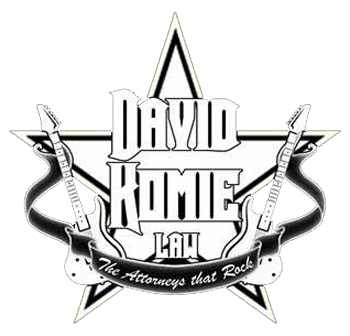When you have been involved in a car accident with an uninsured motorist, you don’t want to pay for the repairs to your vehicle and medical bills, especially when you’re not at fault. Even though Texas law requires motorists to purchase automobile liability insurance, nearly one in five drivers are still driving with no coverage. Underinsured motorists only pay for the minimum plan, which fails to provide full coverage when an accident occurs.
Uninsured Motorist Insurance Coverage Required To Be Offered
Your automobile insurance company must offer uninsured motorist coverage, or else you are required to give them a copy of your signed written rejection. According to Texas Legislature, uninsured motorist coverage protects people from financial burdens due to irresponsible motorists and their negligent actions. There is a $250 deductible for property damage and no deductible for bodily injury, depending on the coverage limit of your insurance policy.
Not covered by uninsured motorist policy includes:
- Collision with a governmental vehicle
- Collision with vehicle designed for off-road use
- Collision with a trailer home, especially when it remains stationary
- Collision with a vehicle that you or your family member owns
- Collision with your vehicle that’s used for paid services, like taxi or rental
- Collision with stolen vehicle
- Collision due to intentional act
Seek Legal Representation from Our Austin Auto Accident Attorney
At David Komie Law, we have recovered millions of dollars on behalf of our clients. We urge the purchase of uninsured motorist coverage, so you won’t be obligated to pay for the damages and injuries caused by someone else.
However, if your uninsured motorist coverage is not enough to cover your medical expenses, property damage, as well as pain and suffering, you may file a personal injury lawsuit seeking more financial compensation.


